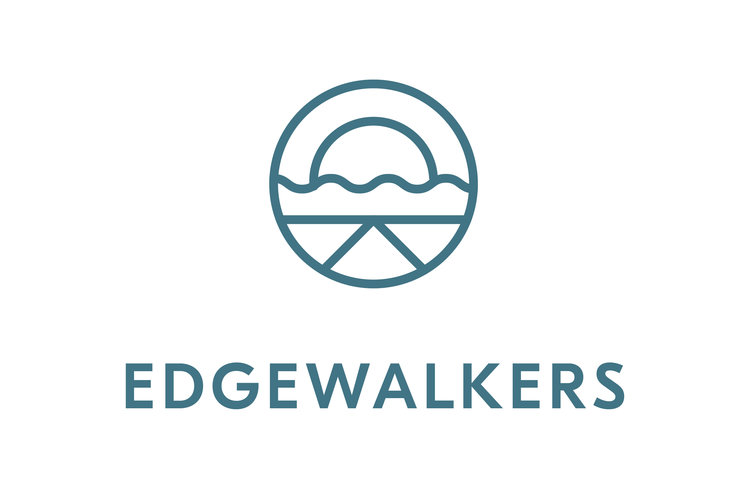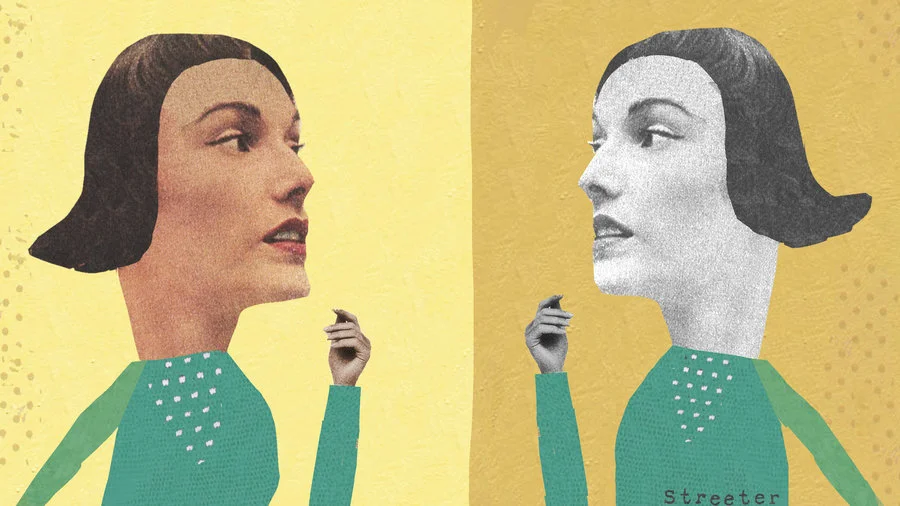“I cannot do it”, “I am too old”, “I don’t know enough”, “I don’t have a creative bone in my body”, “nothing ever changes”, “ I’ll never make any money”, “to get on in life you have to be realistic”, “I won’t be taken seriously”, “I’ve got nothing worthwhile to say”, “I’ll never have time”, “it won’t be good enough”, “I’ll look like a fool”… the list can go on and on.
Disheartening and pernicious, thoughts like these lurk around our minds like shady characters constantly whispering and criticising; judging and throwing doubt, deterring and deflating our dreams of a more creative life.
Using Boal’s Cops in the Head theatre technique when exploring, unpacking and dismantling some of these voices can be so powerful for three reasons:
- The collective - When working on issues that affect a group of people someone’s individual story is the springboard for the collective examination of what is holding people back and what is blocking a desired action. It allows a group to understand an individual story in relation to the rest. We do not interpret, we explain nothing, we only offer multiple points of reference.’ (Boal, 1995) That is the ability to involve the collective in exposing the voices that hold us back.
- The aesthetics – the use of a creative media such as theatre, as well as painting, writing and sculptures, helps shift the brain from a survival, linear pattern to a more imaginative, metaphoric pattern that allows a playful yet deep examination of what's really going
- The reconnection – working with the whole body means working with the whole person, their senses, their minds, and their emotions. When a challenge is examined using the whole of our bodies there is greater clarity and honesty. Similarly, when alternatives are rehearsed in this empowered state this rehearsal leaves a profound imprint, which can be the beginning of transformation.

